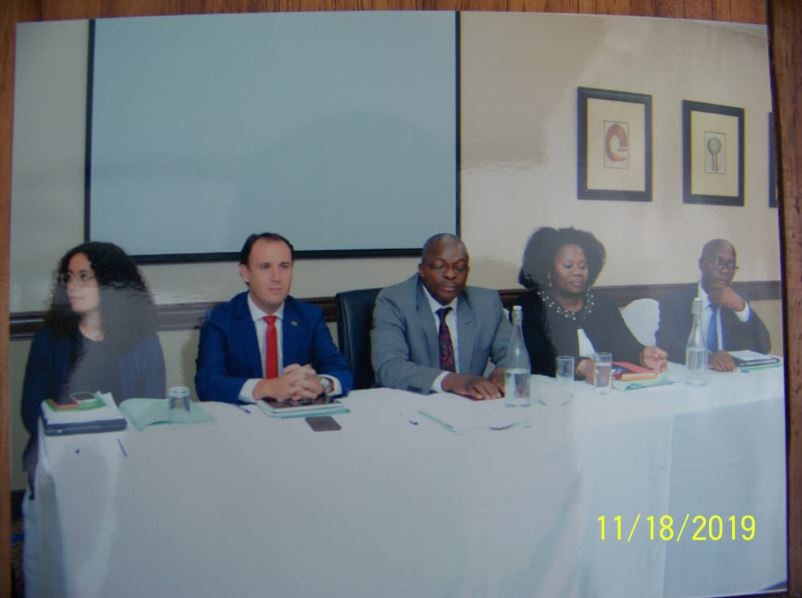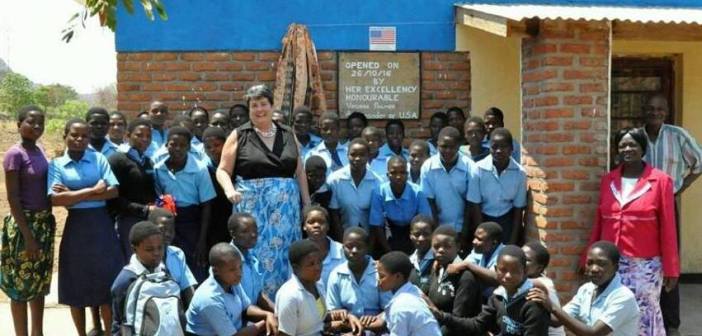By Steven Godfrey Mkweteza
The Ministry of industry, trade and tourism (MITT) has implored upon the private sector to be supportive of the trade agreement processes that the country has entered with other international countries.
The principal secretary in the ministry Ken Ndala told delegates in Blantyre during the two-day validation workshop on studies conducted on Malawi’s bilateral and regional trade agreements that despite the country signed the agreements, private sector contributions have been very low.
“As government, we are creating a conducive environment for the private sector to strive into both domestic and international markets. However, we continue to note that there is low capacity and uptake from the private sector to utilize market access opportunities arising from trade agreements.
“In addition, there continues to be a great reluctance to support trade liberalization and regional negotiations for fear of losing domestic markets,” said Ndala.
The principal secretary said it was a worrying factor that the country is flooded with the products from other countries as manufactures were not competitive on the international markets.
Ndala noted that the development has resulted the country to continue rely on exports and unable to attract meaningful foreign direct investments.
According to Ndala, Malawi relies on trade significantly with exports accounting for 14% of the GDP simply meaning that the country do not consume all it produces.
On the other hand, Ndala says the imports accounts for 35% of the GDP, meaning that the country relies more on imports to satisfy its domestic consumption needs.
However, Bernard Kaunda, the chief executive officer for Mzuzu coffee noted that high cost of production and doing business exacerbated by energy shortfall, high transport costs, difficult to access affordable finance, inadequate skilled labour as the amongst the other challenges significantly affecting the trade competitiveness and capacity to produce.
In his three studies presentation, trade and Development studies Centre director Moses Tekere, said Malawi need to take strategic trade liberalization, which takes into account the sensitiveness of industries, especially those that need to be afforded some protection before the circles are opened.
Tekere also urged Malawi to diversify in the free trade area and cast its net wider to target the African countries especially those that do not produce outside their scope instead of encouraging the international producers and ignoring its own local producers.
“If Malawi needs to develop, then it needs to target the bigger market out there. However, it is sad to note that the country is short sighted as it trades with only 34 countries out of 55. Africa is a good continent to trade with as the standards are almost similar,” said Tekere, who was also the team leader for the study.
Malawi has so far signed the bilateral and regional trade agreements that include the Zimbabwe and Mozambique bilateral trade agreements, the SADC and COMESA free Trade Areas and the ACP/EU Contonou Agreement, and the World Trade Organization, amongst others. The country has also benefits from preferential non-reciprocal trade arrangements with EU’s EBA, US’s AGOA, China and India.




